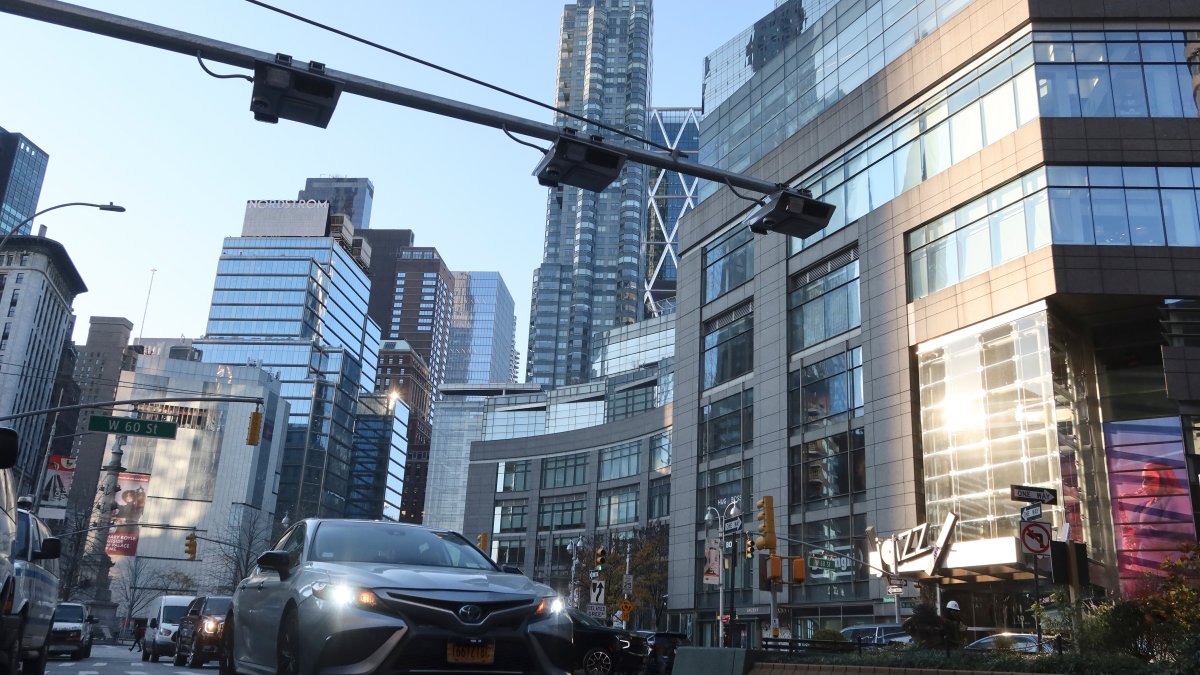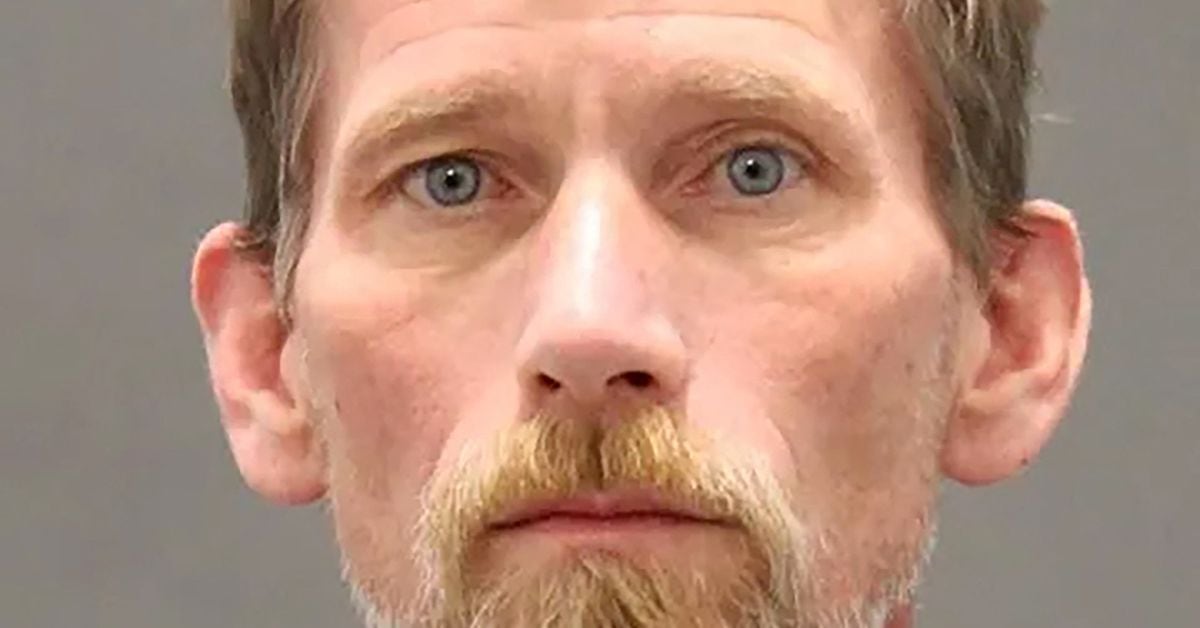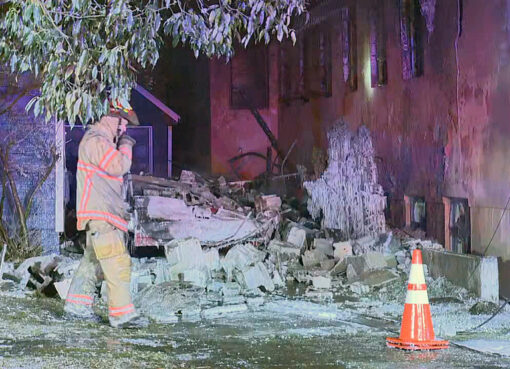Important Information from NBC New York

– The Metropolitan Transportation Authority (MTA) board has voted to approve congestion pricing in New York City, which would mean drivers are charged to enter a large portion of Manhattan. The pricing plan is expected to reduce the number of vehicles entering the area by 17%, equivalent to 153,000 fewer cars.
– The Central Business District (CBD) will be affected by these charges, stretching from 60th Street in Manhattan down to the southern tip of the Financial District. The charges will be $15 for passenger vehicles, between $24-$36 for trucks depending on size, and $7.50 for motorcycles. Taxis will face a $1.25 surcharge per ride, while Uber, Lyft, and other rideshare drivers will have a surcharge of $2.50.
– Despite several groups hoping for exemptions, very few will avoid the toll entirely. These include specialized government vehicles and emergency vehicles. Low-income drivers earning less than $50,000 a year can apply to pay half the daytime toll after their first 10 trips in a month. Public hearings will be held in late February and early March to discuss possible tweaks to the plan.
- The Metropolitan Transportation Authority (MTA) board has approved congestion pricing in New York City, aiming to reduce traffic and contribute to the city’s aging transit system.
- Congestion pricing will impact the Central Business District (CBD), with passenger vehicles charged $15, truck charges varying between $24-$36, and motorcycles charged $7.50. Taxis and rideshare drivers will also face surcharges per ride.
- Despite some groups hoping for exemptions, only specialized government vehicles, emergency vehicles, and low-income drivers will be exempt from the tolls. Public hearings will be held to discuss possible adjustments to the plan.
Central Business District Congestion Pricing Strategy Approved
The Metropolitan Transportation Authority (MTA) approved a congestion pricing strategy targeting the Central Business District (CBD) in Manhattan. This measure aims to alleviate traffic while channeling millions of dollars into the city’s aging transit system.
The Traffic Mobility Review Board revealed their report to the MTA, stipulating guidelines for the forthcoming tolls, including prices, operational times, and credits. According to the report, the CBD, from 60th Street in Manhattan to the southern tip of the Financial District, will impose an additional $15 charge for cars, while trucks pay $24-$36, depending on size.
“We are ready and motivated to accommodate the increased demand for transit due to this movement,” said MTA Chairman, Janno Lieber. New York Governor, Kathy Hochul, a strong advocate for congestion pricing, commended the board’s approval. However, one MTA board member, David Mack, voted against the plan.
How will Congestion Pricing Work, and What are the Charges?
Drivers entering the CBD in midtown Manhattan will face the new toll fee. Different vehicles will be subject to various charges: passenger vehicles at $15, small trucks at $24, large trucks at $36, and motorcycles at $7.50.
The daytime rates operate from 5 a.m. until 9 p.m. on weekdays and 9 a.m. until 9 p.m. on weekends, with off-hour rates reduced by about 75%. Charges will be applied once per day, and only on entry to the zone. The Review Board anticipates a reduction of vehicular traffic by 17%, equivalent to 153,000 fewer cars in Manhattan.
Exemptions for Rideshares and Taxis
Although taxis and rideshares like Uber and Lyft are exempt from the toll, they are subject to a surcharge per ride, with $1.25 for taxis and $2.50 for rideshares. Bhairavi Desai, the Executive Director of the New York Taxi Workers Alliance, called the plan a “reckless proposal.”
Other Exemptions for Congestion Pricing Tolls
While many groups sought exemptions, only specialized government vehicles and emergency vehicles will be exempt. Low-income drivers earning less than $50,000 per year can apply for a 50% daytime toll discount after the first 10 trips per month. Notably, “crossing credits” are in place for drivers using any of the four tunnels into Manhattan.
Implementation Timeline and Legal Challenges
Despite aiming for a late Spring 2024 implementation, delays are anticipated. After the MTA’s approval, a 60-day response period will include public hearings and potential plan adjustments, leading to a final vote in April. Thus, the earliest the tolls would go into effect could be late June 2024.
Meanwhile, legal challenges from New Jersey and Staten Island against congestion pricing could stall the plan. Both parties argue that the toll will exacerbate financial burdens on their commuters. Additionally, many legal challenges focus on the environmental impacts of the plan.
Despite potential hindrances, Transit President Richard Davey believes the revenue from the plan will help make NYC’s transit system state of the art, benefiting all New Yorkers.
—
Read More USA News



Leave a Comment